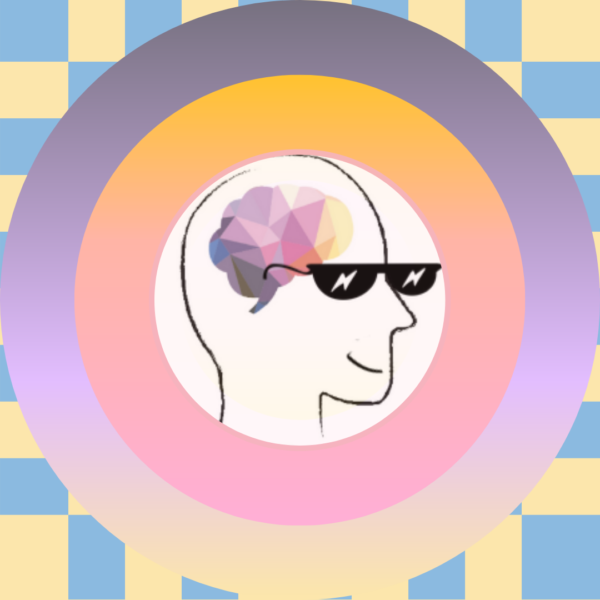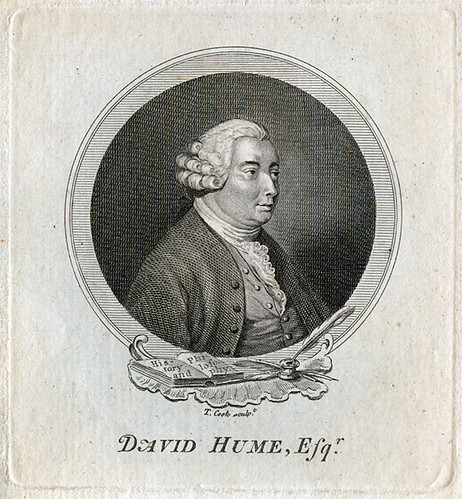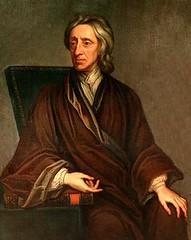Free Will

Have you ever wondered if you’re truly in control of your own life?🤔💭 Ever think we might be living in The Sims? Neo sensed there was something off in The Matrix and discovered that someone or something else was in control of everything. If everything around us is being controlled, what good are our own choices? What value do our choices have if they aren’t going to change the outcome?
Although we are probably not in a simulation (or let’s just assume we’re not), it is still unclear whether we are totally in charge of all we do. It feels like I woke up this morning, chose to snooze my alarm, then finally chose to get up and make coffee. But might those choices be less than free? What if I’m forced to do something? Is that choice still my own?
In this starter pack, we examine different views of our free or not-so-free wills. One problem is that philosophers have different definitions of what free will is! Some think of it as the act of doing one thing when you could have done something else. Others believe having free will is the same as simply believing you have it. Most, however, are pretty skeptical that believing you have something is the same as having it, but it’s still up for debate. Philosophical views on free will and determinism can be divided into three camps: those who believe in both (compatibilists), those who exclusively believe in free will OR determinism (incompatibilists), and those who believe neither. Perhaps after reading this starter pack you will have an idea of which group you agree with!
Videos
Determinism vs. Free Will: Crash Course Philosophy #24
CrashCourse
-
 Determinism vs. Free Will: Crash Course Philosophy #24
Determinism vs. Free Will: Crash Course Philosophy #24
-
 Do We Really Have Free Will?
Do We Really Have Free Will?
-
 Do You Have Free Will?
Do You Have Free Will?
-
 Do We Have Free Will or Are We Predetermined?
Do We Have Free Will or Are We Predetermined?
-
 Are we in control of our decisions?
Are we in control of our decisions?
-
 The Free Will Defense
The Free Will Defense
-
 Theological Determinism – God vs Free Will
Theological Determinism – God vs Free Will
Podcasts
Pop Culture
Further Reading
-
Free Will and Neuroscience: From Explaining Freedom Away to New Ways of Operationalizing and Measuring It
Andrea Lavazza -
Yes, Determinists, There is Free Will?
George Musser -
Free Will: Now You Have it, Now You Don’t
Dennis Overbye -
Free Will, Detereminism, and Epiphenomenalism
Mark Balaguer -
There’s No Such Thing as Free Will ⎥ But we’re better off believing it anyway
Stephen Cave -
Foreknowledge and Free Will
Norman Swartz -
Foreknowledge and Free Will
David Hunt & Linda Zagzebski -
Medieval Theories of Free Will
Colleen McClusky -
Hume on Free Will
Paul Russell -
Free Will
Timothy O’Connor & Christopher Franklin
Questions to Think About
-
Do we have free will?
-
Are my actions predetermined?
-
Is life a simulation?
-
Does God exist?
-
Does everything happen for a reason?
-
Are life and all the events in it predetermined?
-
If we don’t have free will, then what do we have?
-
Is there anything that we control? Is there anything we do not?
Similar Starter Packs
-
Existentialism
Explores the philosophical movement that began in the nineteenth century and emphasized the freedom and creativity of the individual.
-
Metaphysics
Looks at the basic philosophical questions of what actually exits and what being is.
-
Philosophy of Mind
What is the mind? Is it the same as the brain? This resource explores the branch of philosophy that considers perspectives of consciousness as either part of the brain or a completely separate entity.
-
Philosophy of Time
This resource poses questions that relate to the nature and relevance of time. Is time actually real or did humans invent it to better conceptualize reality and measure the duration of events? Do non-human animals experience time differently than us?
-
Philosophy of the Self
Discusses the question of personal identity and the many views where a person’s identity lies, but also the arguments against personal identity.
Key Terms
-
- Free Will:
- The power of acting without the constraint of necessity or fate; the ability to act at one’s own discretion.
-
- Responsibility:
- The opportunity or ability to act independently and make decisions without external authorization.
-
- Fate:
- The development of events beyond a person’s control, typically regarded as determined by a supernatural power (be destined to happen, turn out, or act in a particular way).
-
- Determinism:
- Events, including moral choices, are determined by previous events.
-
- Hard determinism:
- Events/actions are completely determined by influences and forces over which a person has no control.
-
- Soft Determinism/Compatibilism:
- Free will and determinism existing together. Agents are free to act as they choose only only to the extent that there are no outside forces or obstacles hindering them.
-
- Agent Causation:
- Agents (this includes people and other non-event beings) can cause and shape events; compatible with free will.
-
- Event Causation:
- Only previous events are capable of causing future events; compatible with determinism.
-

Arindam Chakrabarti
-

Susanne Bobzien
-

Patricia Chruchland
-

Friedrich Nietzsche
-

David Hume
-

John Locke
-

Thomas Hobbes
-

Aristotle
(“File:Patricia Churchland, 2015 (cropped).jpg” by Vera de Kok is marked with CC BY-SA 4.0. To view the terms, visit https://creativecommons.org/licenses/by-sa/4.0/?ref=openverse)
(“Friedrich Nietzsche by Gustav Schultze, 1882. Image courtesy WikiCommons” by Royal Opera House Covent Garden is marked with CC PDM 1.0. To view the terms, visit https://creativecommons.org/publicdomain/mark/1.0/?ref=openverse)
(“David Hume” by Stifts- och landsbiblioteket i Skara is licensed under CC BY 2.0. To view a copy of this license, visit https://creativecommons.org/licenses/by/2.0/?ref=openverse.)
(“Thomas Hobbes, philosopher” by lisby1 is marked with CC PDM 1.0. To view the terms, visit https://creativecommons.org/publicdomain/mark/1.0/?ref=openverse)
(“Head of Aristotle. Vienna, Museum of Art History, Collection of Classical Antiquities.” by Sergey Sosnovskiy is marked with CC BY-SA 2.0. To view the terms, visit https://creativecommons.org/licenses/by-sa/2.0/?ref=openverse)
Key Texts
-
A Treatise of Human Nature
David Hume -
An Essay Concerning Human Understanding
John Locke -
God is Dead
Friedrich Nietzsche -
Beyond Good and Evil
Friedrich Nietzsche -
Leviathan
Thomas Hobbes -
Free Will
Sam Harris -
Freedom and Resentment
P. F. Strawson -
The Only Wise God: The Compatibility of Divine Foreknowledge and Human Freedom
William Lane Craig -
The The Law, Neuroscience Changes Nothing and Everything
Joshua Greene and Jonathan Cohen -
Brain Overclaim Syndrome and Criminal Responsibility: A Diagnostic Note
Stephen J. Morse -
“Free Will, Habits, and Self-Control” from Touching a Nerve: The Self as Brain
Patricia S. Churchland -
The Big Questions: Do We Have Free Will?
Patricia S. Churchill -
Free Will and Freedom in Indian Philosophies
Arindam Chakrabarti










